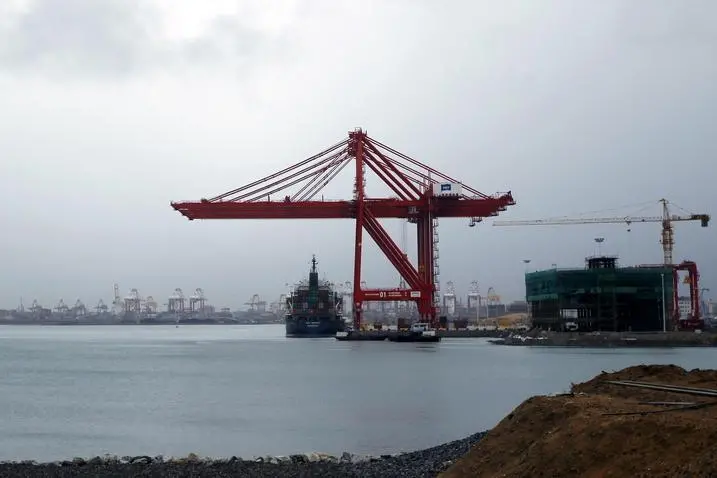PHOTO
AMMAN — Jordan is set to benefit from a regional project recently launched by the Union for the Mediterranean (UfM) to combat marine litter and create a management cycle for marine waste in the Mediterranean Sea, most particularly for plastic, a senior UfM official said.
Under the “Plastic Busters” project, the UfM seeks to maintain biodiversity and preserve natural ecosystems in pelagic and coastal marine protected areas by implementing a harmonised approach against marine litter, according to the inter-governmental organisation, which comprises 43 countries from the EU and the Mediterranean basin.
The 5-million euro project, launched on April 17, covers pelagic and coastal marine protected areas located in Albania, Croatia, Greece, Italy, France and Spain, but will also share results and achievements with partners and stakeholders from the Mediterranean basin at large.
UfM Deputy Secretary General for Water and Environment Miguel Garc?a-Herraiz underlined that the capitalisation of the results with the larger Meditarranean basin will be ongoing throughout the project’s four-year cycle.
“It is envisaged to organise training and scientific activities as well as awareness raising initiatives involving partners and stakeholders from outside the first list of beneficiary countries,” Garc?a-Herraiz told The Jordan Times, noting that the project will be implemented by the University of Siena, the Italian National Institute for Environmental Protection and Research and a wide consortium of national and regional organisations.
Over the four years, the project will address the entire management cycle of marine litter, from monitoring and assessment to prevention and mitigation, as well as actions to strengthen networking between and among partners and stakeholders.
The project tackles marine litter, and in particular plastic waste, via a coordinated approach that diagnoses its impact on biodiversity in marine protected areas, including the identification of “marine litter hotspots”, defines and tests the surveillance, prevention and mitigation measures of marine pollution from plastic waste, as well as develops a common framework of marine litter actions towards the conservation of biodiversity in Mediterranean marine protected areas, the union said.
The project will also contribute to implementing a regional plan on marine litter management in the Mediterranean, one of the areas most affected by marine litter in the world.
“Jordan’s Ministry of Environment is involved and will closely follow the project’s activities, the scientific information extracted and the recommendations formulated,” Garc?a-Herraiz highlighted.
On the occasion of the project’s launch, UfM Co-president for Environment and Director of Policies and Institutional Development at the Ministry of Environment Mohamad Afana, conveyed the following message: “Marine litter has been highlighted as an emerging priority within the UfM Ministerial on Environment and Climate Change adopted by the 43 countries in 2014, and continues to be a top priority in the UfM agenda with respect to both depollution and pollution prevention. This goes with the need for the Mediterranean region to push forward the transition towards a circular economy.”
He concluded that one of the ways in which the UfM Secretariat has helped Plastic Busters is by obtaining funding from the EU Interreg Med Programme. “We will continue working to upscale and expand the project to other countries, including Jordan if possible. Plastic pollution is one of the priority work areas of the UfM environment agenda so we will be pushing in this direction with the full backing of our member states,” Garc?a-Herraiz underlined.
© Copyright The Jordan Times. All rights reserved. Provided by SyndiGate Media Inc. (Syndigate.info).





















